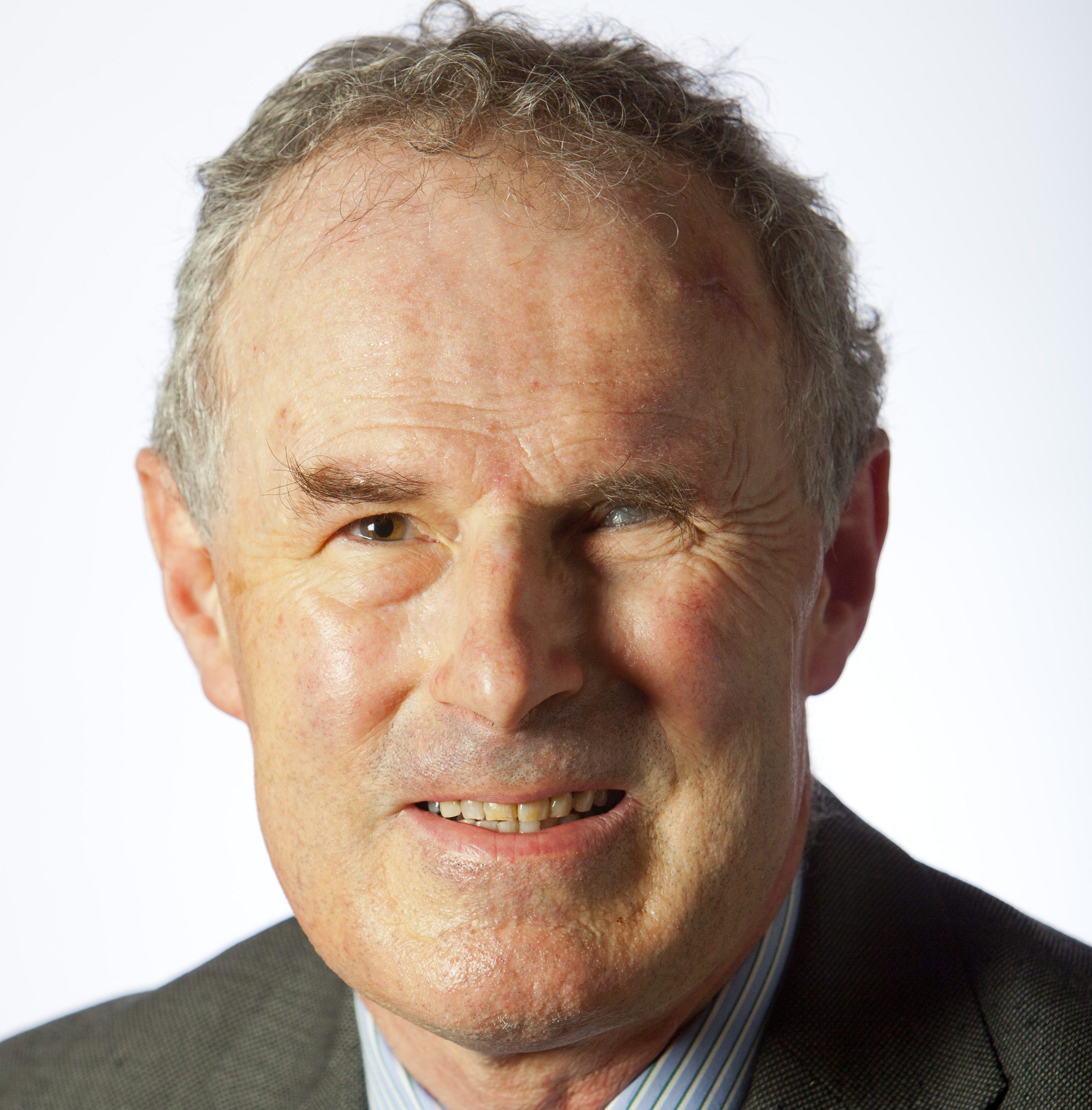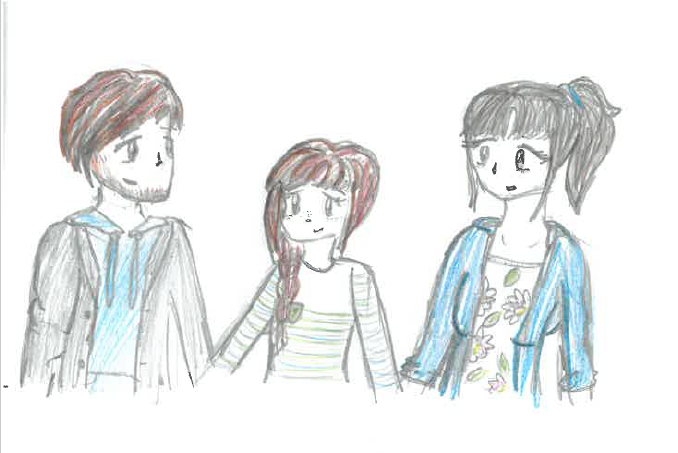Two sides to the story of Covid’s impact on fathers
30 Nov 2021
Cathy Sexton, Co-Director of Fathers Network Scotland, discusses survey findings which reveal a serious deterioration in dads’ mental health – and evidence of positive involvement in their children’s care
The mental health of dads in Scotland is a serious cause for concern. More than a third of dads surveyed described their mental health as ‘bad’ or ‘very bad’, an increase of 14% in 18 months.
Those from the most deprived areas and those who have little or no contact with their children have been most acutely affected. But the sheer number of competing demands just seems to be pushing many to breaking point.
As one dad explained:
“Being a shielder and having a four-year-old little girl whose mum passed away at the start of Covid, life has become so difficult. I feel ignored and forgotten about in life. We just lost money through benefits and reduction on pip. I don't know how they are expecting us to live anymore. It's so hard just getting through a day and with Christmas coming, I just wish the world would swallow me up.”
It may not seem important but the positive involvement of dads in their children's lives really matters. Young children with involved dads do better at nursery and school. They make friends more easily and are better able to understand how other people feel. They have fewer behaviour problems and are more likely to get good school results.
The transformation that has taken place in workplaces since the start of the first lockdown has helped many dads get more involved in family life and share the load. Yet this is not the case for all dads, with 40% telling us that balancing work and family life was ‘challenging’ or ‘very challenging’, as one dad explained.
“I feel guilty if I spend time at work away from my children. I feel guilty if I spend time with my children when I could be earning money. I feel really guilty if I do anything ’for myself’.
Although dads are struggling right now, one of the positives is that many dads are still spending a lot of time with their children.
According to the Institute for Fiscal Studies (IFS), during the first lockdown fathers’ childcare time rose from just over four to eight hours per day. And it’s great to see so many dads staying positively involved with their kids, despite schools and nurseries re-opening.
Evidence shows 54% spending 10 or more hours a week playing with their kids or helping with schoolwork and 29% of those spending 25 hours or more. What’s more, dads don’t want things to go back to ‘normal’ – 58% of all dads surveyed said they wanted to change the way they parent in future and for nearly half that means being there more for their children.
There has never been a better time to improve children's lives and outcomes through the positive involvement of fathers and father figures. But as service providers we need to give dads the time and support they need to keep supporting their children.
Fathers Network Scotland provides a range of resources and training to help services become more father-inclusive. So, whether you work for the NHS, a local authority or in the third sector, please visit our website or contact us to find out about small changes that that will make a big difference.
Click here to find out more about Fathers Network
Click here to contact Fathers Network: info@fathersnetworkscotland.or.uk
Click here to read the ‘Life out of Lockdown’ survey full report


25 Calls campaign response
In parental disputes, let’s support all family members – mums, dads and children
Click here to read
Join us in membership
Find out more about the benefits of being a member of Children in Scotland
Click here for more
Is the future 50:50?
A Children in Scotland magazine article from the Cross-Party Group on Shared Parenting launch
Click here to read
Exploring Parents' Information Support Needs
A research project exploring the information support needs of parents with young children (2011-12)
Click here for more